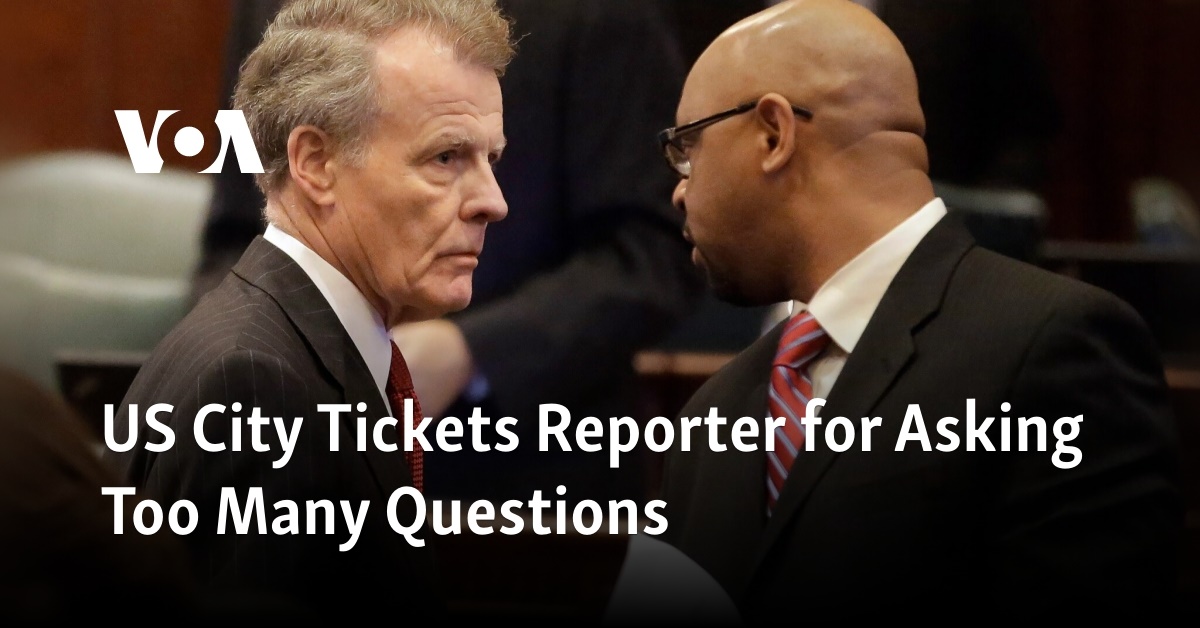
JERUSALEM (Reuters) – Israeli authorities investigate Claims from US researchers that some investors may have known about a Hamas plan in advance attack Israel on October 7th and used this information to profit from Israeli securities.
Research Law professors Robert Jackson Jr. of New York University and Joshua Mitts of Columbia University found that there was significant short-selling of stocks in the run-up to the attacks, sparking a nearly two-month-old war.
“Days before the attack, traders appeared to have anticipated the coming events,” they wrote, pointing to the short interest in the MSCI Israel Exchange Traded Fund (ETF) that began on October 2, according to data from the MSCI Israel Exchange Traded Fund (ETF). sudden and significant increase”. Financial Industry Regulatory Authority (FINRA).
“And shortly before the attack, short selling of Israeli securities on the Tel Aviv Stock Exchange (TASE) increased dramatically,” they wrote in their 66-page report.
In response, TASE referred Reuters to the Israel Securities Authority, which said: “The matter is known to the authority and is being investigated by all relevant parties.”
A spokeswoman for the securities regulator did not comment further, and Israeli police did not immediately comment.
The researchers said that pre-Oct. 7 short selling, in which investors expect a decline in the stock price, allowing it to be bought back at a lower price and at a profit, “exceeded short selling that occurred during numerous other crisis periods.”
These include the recession following the financial crisis in 2008, the 2014 Israel-Gaza war and the COVID-19 pandemic.
They wrote that for Leumi, Israel’s largest bank, 4.43 million short sales of new shares between September 14 and October 5 resulted in a profit of 3.2 billion shekels ($862 million) from these additional short sales.
“Although we do not see an overall increase in short selling of Israeli companies on U.S. exchanges, we do note a sharp and unusual increase in trading in risky short-term options on these companies shortly before the attacks, which expire shortly after the attacks,” they said.
“Our results suggest that traders who were aware of the impending attacks profited from these tragic events, and consistent with previous literature, we show that trading of this type occurs in gaps in the enforcement of legal prohibitions on informed trading in the United States and performs on an international level.”
The professors pointed to patterns from early April, when it was reported that Hamas was initially planning an attack on Israel. “Short volume in the EIS (the MSCI Israel ETF) peaked on April 3rd at levels very similar to those observed on October 2nd and was an order of magnitude higher than other days prior to April 3rd “, they said.
The story of the new study was first reported by Israeli financial news website The Marker.
© Copyright Thomson Reuters 2023.






Recent Comments